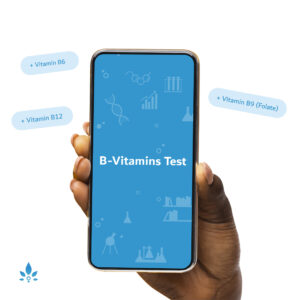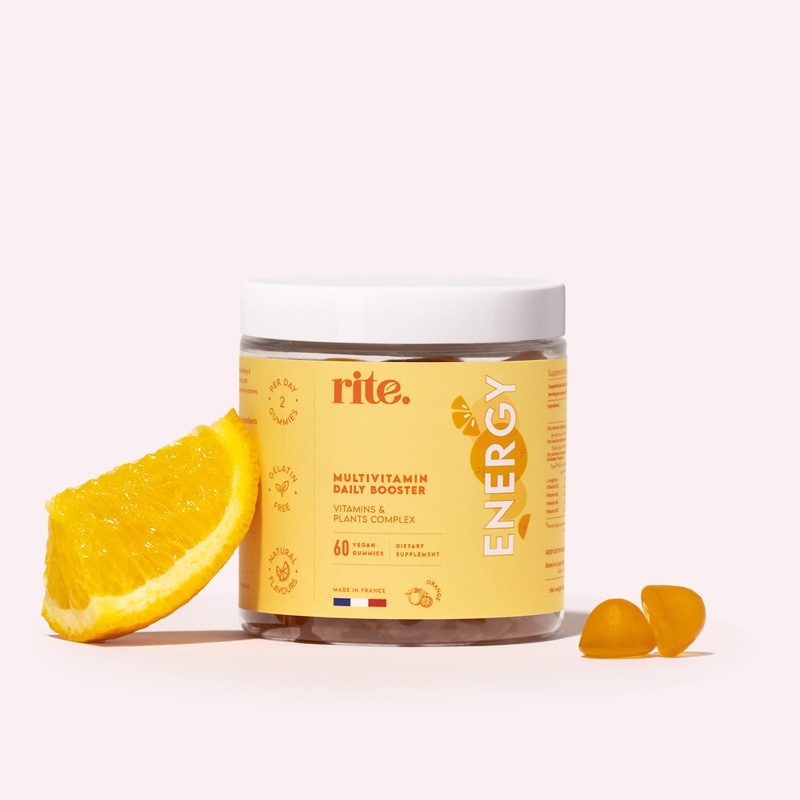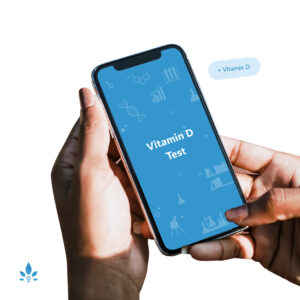5 Warning Signs Your Child may Need a Multivitamin
Many parents wonder if their children need multivitamins. Some parents are looking for relief in the feeding department, hoping a multivitamin will take the pressure off meals and snacks, while others are looking for an insurance policy to keep their kids healthy.
The good news is that a true vitamin or mineral deficiency is rare in the United States. However, studies and surveys tell us over and over that children are not getting the Recommended Dietary Allowance (RDA) for some nutrients, especially calcium, vitamin D, potassium, fiber, and sometimes iron. Despite this, many health professionals are divided when it comes to supplementing vitamins and minerals when signs of deficiency are absent. Many experts advise a food-first approach, tweaking the diet of young ones on a case-by-case basis to cover missing nutrients.
When deciding to use a multivitamin, it’s important to consider fortified foods because for young children, they can contribute quite a bit to their diet. Cereal, bread, milk, yogurt, and more foods often have myriad vitamins and minerals added, such as folate, calcium, vitamin D, and iron. These nutrient additions to food help ensure children (and the population) don’t fall short on nutrition and have helped eradicate certain nutrient deficiencies, such as neural tube defects (brain and spinal deformities) in babies.
There are some clues, however, that will help you decide whether or not a multivitamin is a good idea for your child. Here are the top 5 signs your child may need a multivitamin:
1. Your child shuns an entire food group. Some children, particularly toddlers, drop an entire food group from their diet, which may set them up for a shortfall in nutrients. Know your food substitutes and include them in the diet—if that’s not working, a supplement may be a good idea.
2. Your child is underweight. Children who gain slowly, or don’t make their expected weight gain and growth milestones are a red flag for poor nutrition. This not only means a child is not getting enough calories, it also signals he likely isn’t getting enough nutrients, as well.
3. Poor eater. Some children are poor eaters by adult standards. They skim through meals and seem to be energized on air and water alone. Whether this is an eating style, a temperament, picky eating, or another reason, if your child is not getting these daily servings of food groups on average over the course of a week, it may be time to start a multivitamin.
4. Your child loves packaged, processed food. What child doesn’t like crispy day-glow crackers or little cheesy fish shapes to eat? These savory snacks, sweet treats, and heat-and-eat meals can take over your child’s diet. While these foods can exist within a healthy diet, if they make up your child’s mainstay diet, he may be missing out on some “whole food” nutrients like fiber, B vitamins, and healthy fats.
5. Your child has a food allergy or follows a restricted diet. Anytime a child is on a restricted diet, parents need to look for substitute foods that provide similar nutrients. For example, if a child is allergic to milk, other food sources of calcium need to be routinely included in the diet. If your child is a vegan, sources of vitamin B12 and iron need to be identified to ensure adequate intake. And in some cases, when the food first approach isn’t enough, a vitamin and/or mineral supplement should be incorporated.
Certainly, a multivitamin can allow parents to relax, knowing that their child is getting a better representation of nutrients overall. However, this isn’t a go-ahead to slack off on the job of feeding your child foods that provide these nutrients. Remember, the body does a much better job at absorbing and using nutrients from food than it does from a chewable multivitamin.
If you do start a multivitamin, make sure to purchase one that is made for children, and provides 100 percent of the Recommended Dietary Allowance (not more than this!).
Offer the recommended dose on the package for the age of your child. For younger children, a dose may be a half tablet—read the label to make sure.
Try Nabta’s Energy booster and get the multivitamins you need.
Store multivitamins out of reach of children, and never, ever call them candy. They aren’t candy and can be toxic to a child.
Sources:
- American Academy of Pediatrics
- Vitamin Supplements.
American Academy of Pediatrics - Vitamin Supplements and Children
Powered by Bundoo®













































